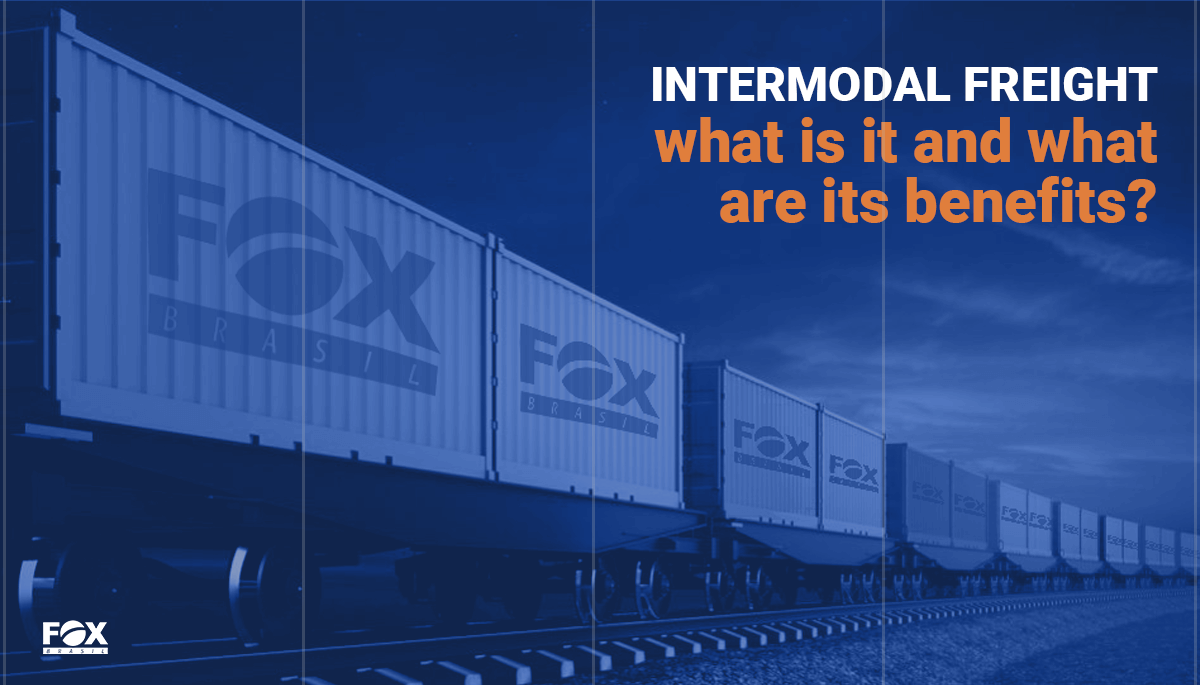Transporte Intermodal: o que é e quais são seus benefícios?

Negócios
Em sumo, o transporte intermodal é um método de movimentação de uma única remessa de carga usando dois ou mais meios de transporte, seja caminhão, trem, navio ou avião com o uso de contêineres projetados especialmente para transportar cargas entre veículos com facilidade e sem qualquer manuseio da própria carga.
Origens
This process has its origins on the 18th century, when cargo was moved from barges to horse drawn wagons and later, in the 1950?s, to trains and ships. At first, the containers used were wooden boxes and pallets, after their first appearance during World War II, but later they were replaced by standardized steel containers that revolutionized freight transportation.
Transporte Intermodal versus Transporte Rodoviário
Enquanto o meio de transporte tradicional (rodoviário) depende exclusivamente de caminhões para movimentar a carga de um ponto a outro, o que inclui muitas paradas ao longo do caminho no caso de longas distâncias, manuseio humano da carga e uma enorme quantidade de combustível necessária, o transporte intermodal conta com diversos meios de transporte e as mercadorias são carregadas em contêineres empilháveis que são manuseados por máquinas, reduzindo os riscos de danos e perdas, além de economizar dinheiro em custos de combustível.
As vantagens do Transporte Intermodal
The process is faster, since the truck drivers will move the cargo through shorter distances, there will be less stops for fuel or rest. For that same reason, the truck drivers can make more deliveries in single week, or even in a single day. It?s better for the environment and for the company?s pockets, since they will be spending a lot less money in fuel and will be able to invest in other areas to improve their services, and the many ways of transportation also provide more options for destinations.
O Transporte Intermodal hoje
This method of freight forwarding has increased considerably since the 2000?s, due to congestion in highways, higher costs of fuel, shortage of truck drivers, improved rail services, and the many advantages it has over the traditional method. In this rate, we can expect a drastic decrease in over the road only freight in the future.
Quer ficar por dentro do que está acontecendo no mercado?
Subscribe to FOX Brasil?s newsletter and stay up to date with all of our news and content directly in your e-mail! And don?t forget to keep posted with our blog para mais posts exclusivos sobre os setores de logística e agenciamento de cargas. Somos uma agência de cargas com ampla experiência no desenvolvimento de soluções de logística integrada e atendemos às suas demandas de transporte internacional de ponta a ponta.